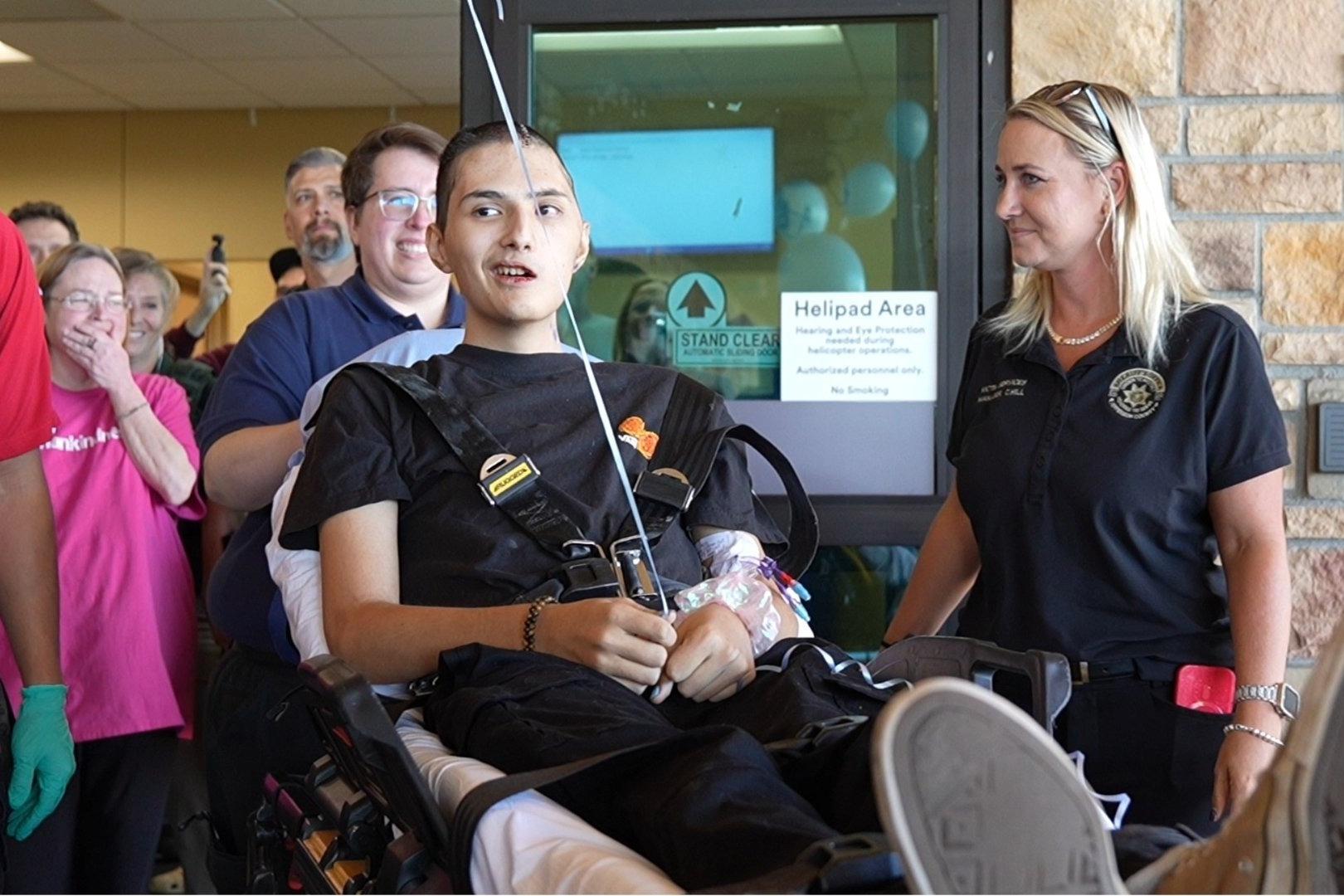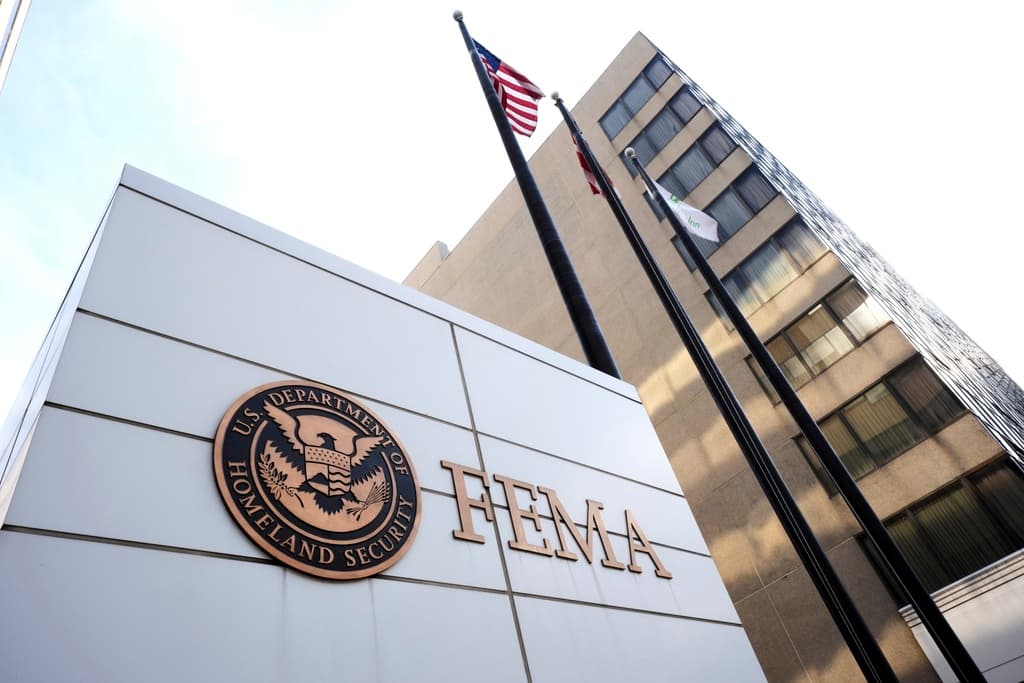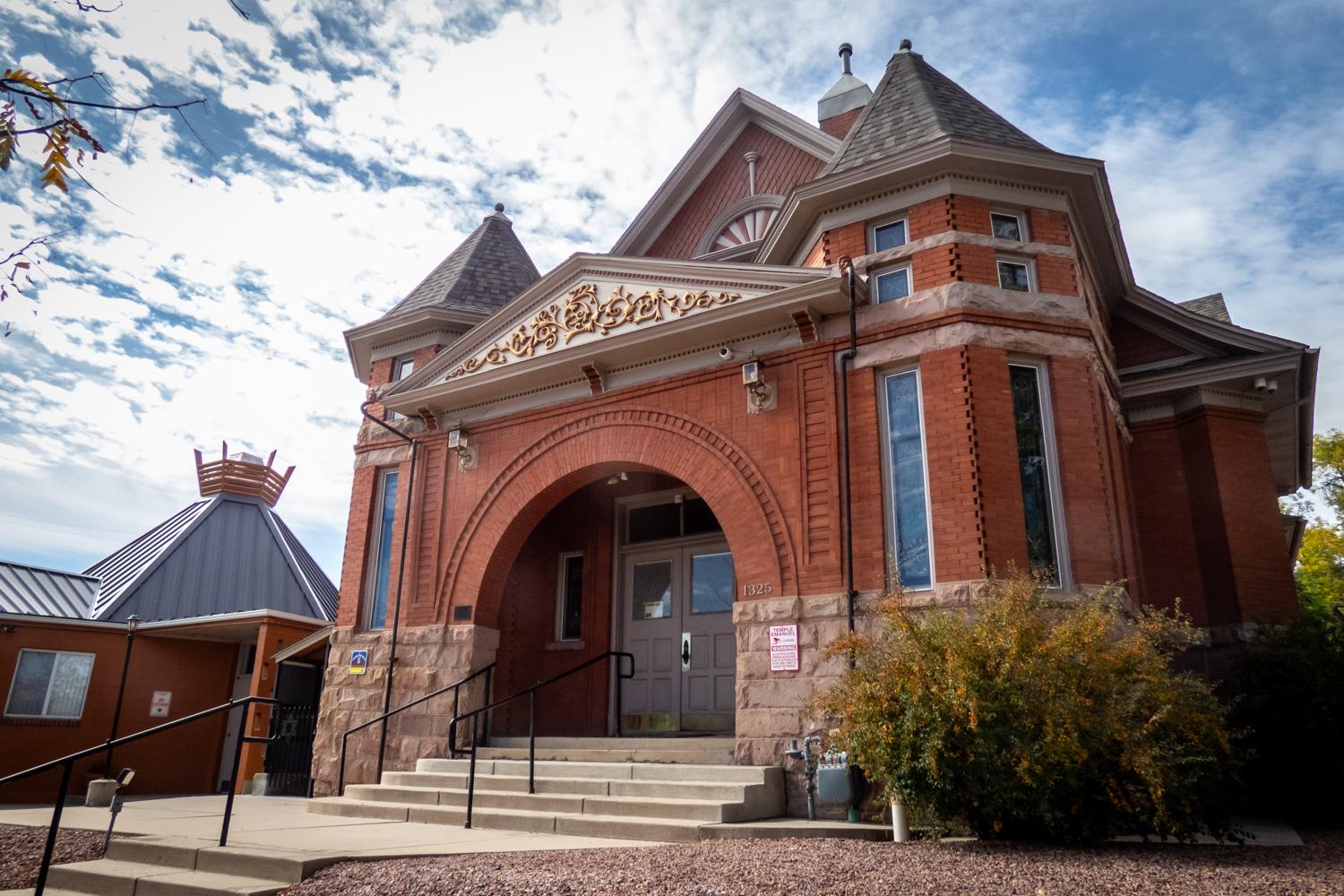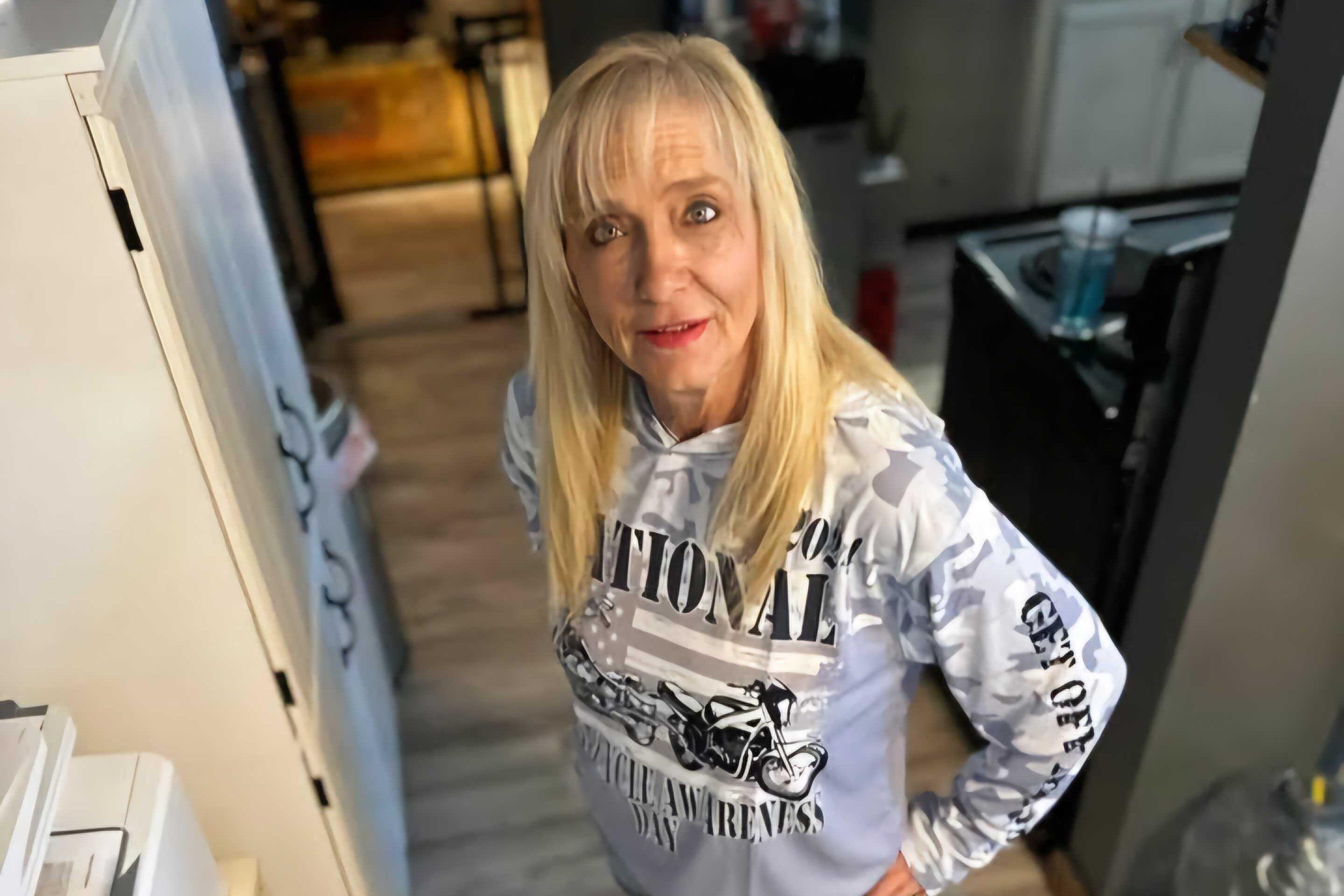
Motorcycle fatalities have remained on the rise in Colorado, with 61 motorcyclist deaths reported so far in 2025.
The state patrol reported that 165 motorcyclists were killed in crashes in 2024, the highest number ever recorded in the state. Since 2015, motorcycle deaths in the state have risen 57 percent, according to the Colorado Department of Transportation (CDOT).
A nonprofit founded and based in Lakewood works to help injured riders and their families navigate recovery and loss.
“BikerDown was founded in 2011 after I tragically watched several of my friends go down and watched what they went through with recovery,” Laurie Montoya, founder and president of BikerDown Foundation, told Colorado Matters host Chandra Thomas Whitfield in a recent interview. “As many people know, bikers are one of the most generous and giving individuals to the community as far as charities, but when it comes to recovery after an accident, they were kind of out there by themselves. And I watched this person lose her job, not have the proper insurance, and I just watched a lot of things that happened, and I said, ‘Who do I call?’ It was my first reaction.”
Montoya said the organization quickly shifted its mission to focus on families’ needs. “As I’m sure when someone’s in the hospital, there’s 12 people taking care of them. So we do a variety of services that we offer to them.”
Those services range from offering financial guidance to lending out medical equipment.
“We will talk about financial strategy,” Montoya said. “So as an example, when someone does a help request with BikerDown, we will do intensive onboarding, meaning I’m going to ask what the rider does for work. What kind of benefits do they have? Do they have short-term disability insurance? What kind of insurance do they have? Do they have a house payment? Do they have a car payment?”
Montoya said families often need practical help.
“If they’re getting out of the hospital and they’re in between surgeries, the hospitals nowadays do not just let you kick back at the hospital. In between surgeries, many times they will send you home. These are not glamorous items. You need a portable toilet, you need a hospital bed, you need a wheelchair, a toilet seat, riser, a slide, whatever you do. I keep a 20 X 20 storage bin here in Lakewood filled with medical equipment that we will loan to you free of charge.”
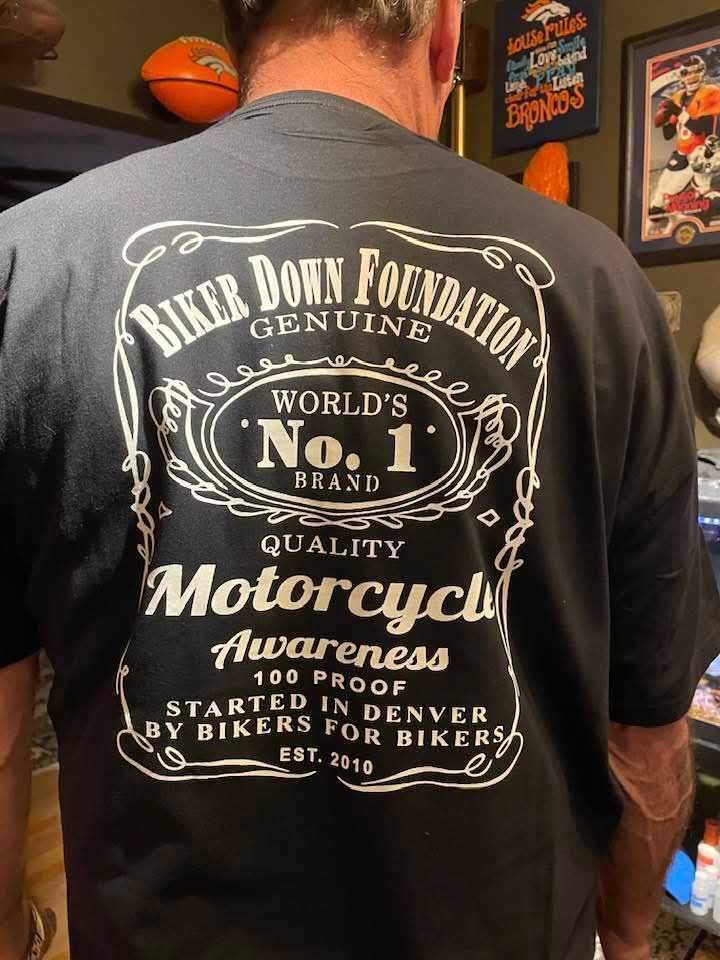
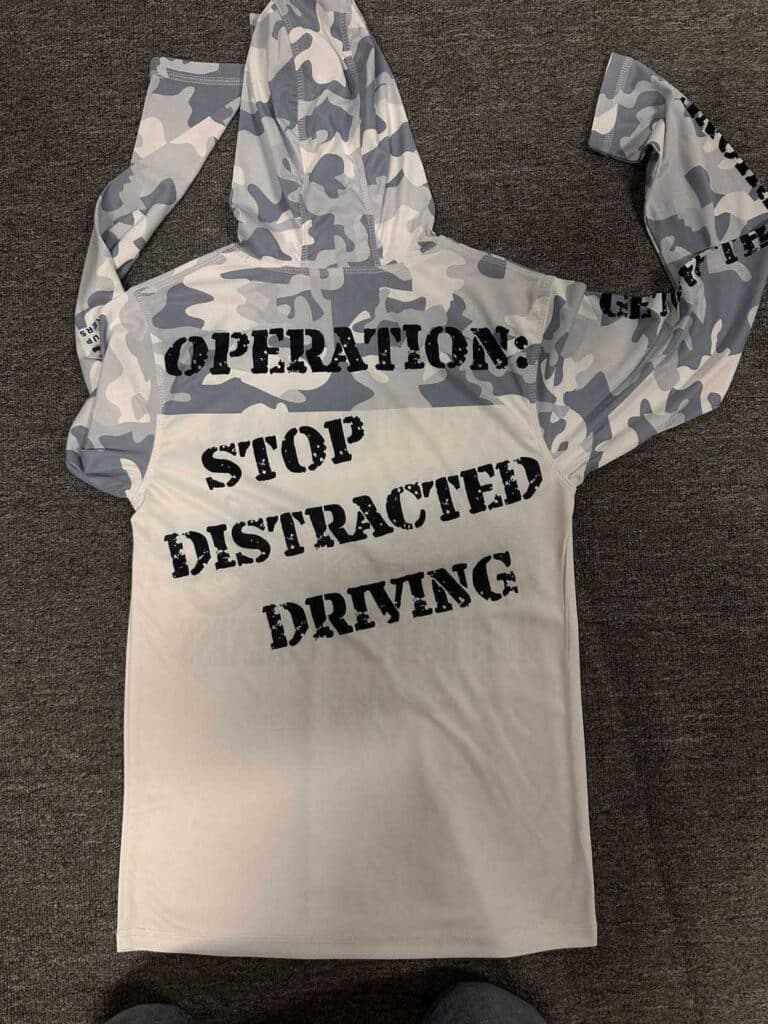
Emotional support is also central to the organization’s work.
“We have a group called Healing Through Loss,” Montoya said. “As an example, you’re a father and you’ve lost your son on a motorcycle. You are really grieving. Or you’re a mother. I want you to be able to come once a quarter or twice a year to a type of an event where you can sit down with other parents and share the same grief because nobody can really understand what one is going through when they’ve experienced that kind of loss.”
Montoya said she also counsels riders and their families about insurance.
“All motorcycle riders and drivers should have underinsured and uninsured motorist coverage. Sixty percent of the drivers driving in the state of Colorado are driving with $25,000 or less of coverage,” she said. “For the cost of a Starbucks, you have to give up one or two Starbucks a month, give up one pizza per month, stop buying hundred-dollar Harley Davidson t-shirts at the dealership. Give up a little bit before you throw a leg over a motorcycle and please, drivers included, get underinsured and uninsured motorist coverage.”
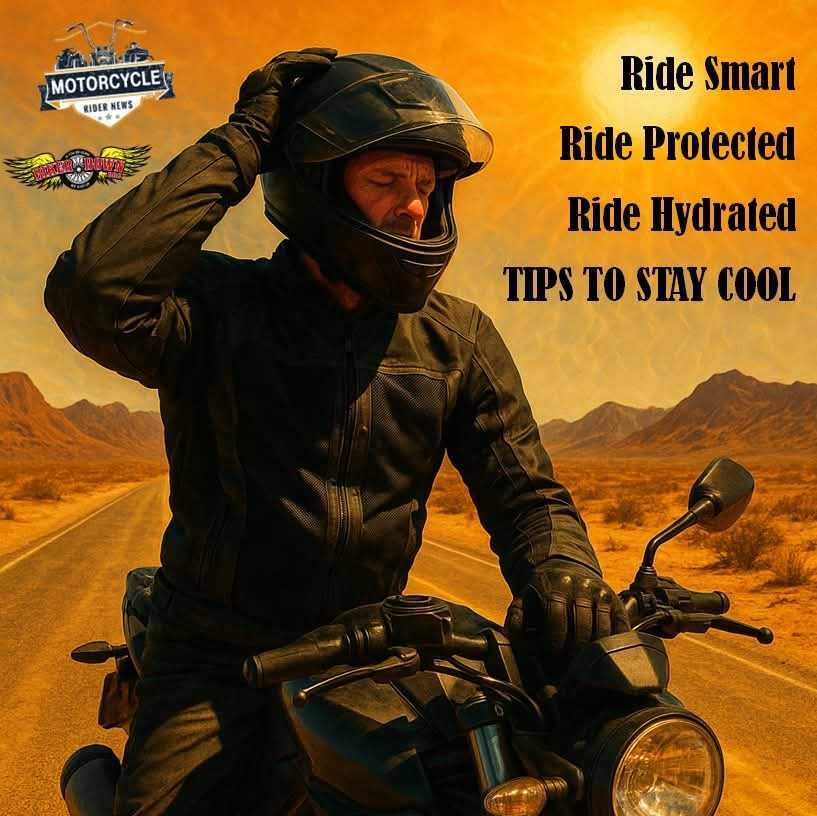
Although Colorado law does not require motorcyclists 18 and older to wear helmets, Montoya said she always does and urges others to do the same. “I wear a helmet every single time I get on a motorcycle, even if I’m riding around the block,” she said. “It may not be the law here, but it’s your life. I always encourage other riders to wear one, because that extra layer of protection can mean the difference between life and death.”
The State Patrol said that 44 percent of motorcyclists killed on Colorado roads last year were not wearing helmets. In addition, even though motorcycle riders only account for 3 percent of motorists, they are involved in 25 percent of fatal crashes.
Montoya added that stricter enforcement of existing distracted driving laws could save lives.
“In the state of Colorado, it is against the law for you to be texting and driving. It is against the law for you to be using a handheld mobile device while your vehicle is moving. Why do I know that? Because I’ve worked with the courts and CDOT at the state capital level to get these laws put into place, but there’s no enforcement. Everybody that’s going to be driving home from work today will go to a stoplight, and they will look left, and they will go right, and someone is on their phone and it is against the law.”
Montoya said anyone who would like to support the organization can do so and learn more on their website, “Go to our store, purchase one of our t-shirts, support the organization because we’re always going to have an accident fund that we help injured motorcycle riders,” she said. “But do what you can individually, save that money and don’t give it to BikerDown. Spend it towards getting the right insurance. I’d rather you take that $20, $50 or $100 and make sure that you as an individual are covered.”
For more information, visit the BikerDown website.

